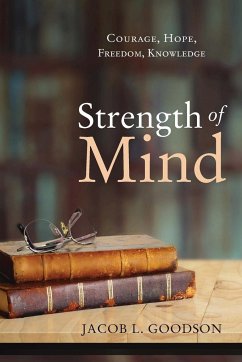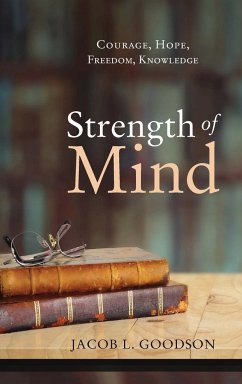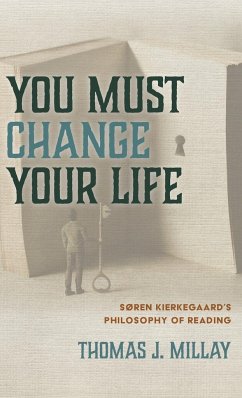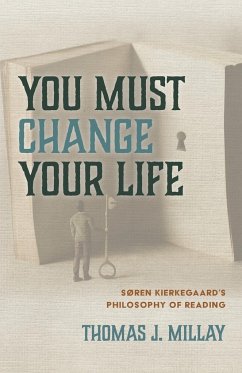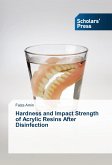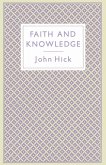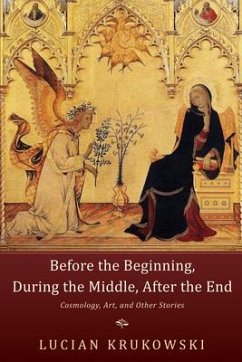Higher education in the twenty-first century should bring together freedom and knowledge with courage and hope. Why these four concepts? As Goodson argues in Strength of Mind, higher education in the twenty-first century offers preparation for ordinary life. Freedom and knowledge serve as the conditions for cultivating courage and hope within one's ordinary life. More specifically, courage and hope ought to be understood as the virtues required for enjoying ordinary life. If college-educated citizens wish to hold onto the concepts of courage and hope, however, then both courage and hope need to be understood as intellectual virtues. As a moral virtue, courage has become outdated. As a theological virtue, hope violates the logic of the golden mean. Focusing on intellectual virtues also requires shifting from moral perfectionism to rational perfectionism. Rational perfectionism involves keeping impossible demands in view for oneself while constantly and continually striving for one's "unattained but attainable self." Goodson defends these arguments by learning from the bits of wisdom found within American Transcendentalism (Emerson, Cavell), German Idealism (Kant, Hegel), Jewish philosophy (Maimonides, Spinoza, Putnam), neo-pragmatism (Putnam, Rorty, West), post-modern theories about pedagogy (Nietzsche, Foucault, Rorty), and secular accounts of perfectionism (Murdoch, Cavell).
Hinweis: Dieser Artikel kann nur an eine deutsche Lieferadresse ausgeliefert werden.
Hinweis: Dieser Artikel kann nur an eine deutsche Lieferadresse ausgeliefert werden.

